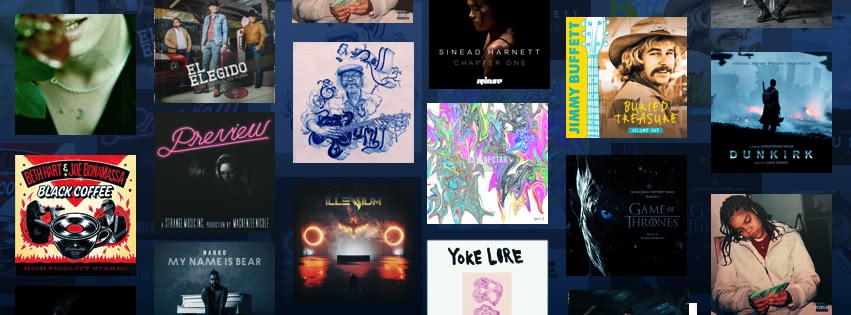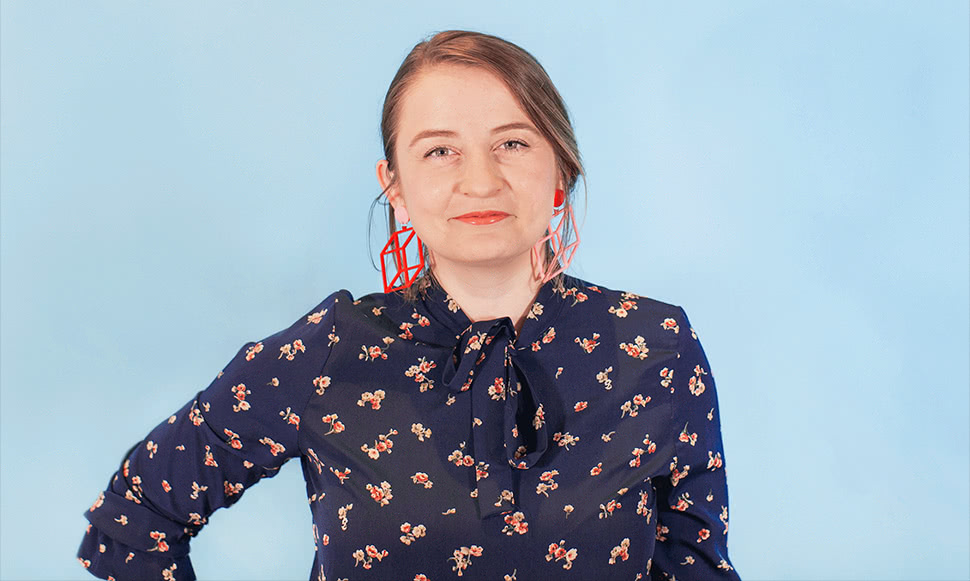Do we still need indie labels?

With self-releasing becoming an increasingly popular option for new artists, is there still a need for indie labels? That was one of the issues pondered by Australian delegates at this year’s Going Global Music Summit in Auckland over the weekend.
While there was broad agreement that many of the functions of a traditional label could now be handled by artists or their manager on a DIY basis, there was a consensus that record companies still had a very important role to play.
Ben O’Connor, co-founder of Chapter Music, admitted not every act needed a label these days because “you can do all of this stuff yourself”. However, he added: “I am someone who look to labels to hear new music. That’s how I find out about new music by going to the Bandcamp sites of the labels that I really love. To me in some ways labels are more important than ever because they are taste gatekeeper – like I know that I’m going like most of the things that Hyper Dub put out.”
Maggie Collins, artist manager, broadcaster and BIGSOUND programmer, also believes that the taste-making role of indie labels remains hugely important. Signing with a label meant that you were part of a community of artists and that helped foster a sense of trust among fans when it came to new acts, she explained.

Maggie Collins
From the distributors’ perspective, indie labels also remained an important part of the equation. Rick Butterworth, head of INgrooves Music Group’s Australasian operations, said that while the company did work directly with some artists, the company’s preference was to partner with a label.
“That doesn’t mean we wouldn’t work with artists one on one, but really we’re looking to work with labels who have experience in the marketplace and have a team that is generally going to help support what ever releases are coming through that channel. So we think that the independent label is still super relevant in terms of what’s happening on the ground.”
At the same time, both Butterworth and O’Connor agree that some managers now effectively act as ‘labels’ for their own artists. Henry Compton, director of sales and operations for The Orchard, added: “I think it’s a really interesting and exciting time to be in the industry because artists and managers have got more power than ever before, and have got access to market in a much more fluid way. But we are signing all sorts of deals – there’s nothing on or off the table.”
According to Mick Tarbuk, country manager for Believe Digital, it is all about relationships and aligning the services that work best for an artist or label.
“It’s more about having these services available and then allowing the artist or manager to choose what they want or how they want to work a release. So it is a little more flexible in a way.”
While the advent of streaming has placed more control in the hands of artists, in another way it has also benefited indie labels when it comes to the world stage.
For example, O’Connor said Chapter Music has a worldwide deal with Secretly Distribution but worked closely with the digital teams in every territory to make sure that they were fully across everything.
Ashley Gay, founder of Xelon Entertainment, added: “Traditionally, it was really important to sub-license territory by territory. These days it is not so important because there has never been so many promo or PR people in each territory. The options are there for you to maintain that control from your home territory and deal with those people rather than having to deal with separate labels.”
Ultimately, the delegates agreed that it comes back to the talent – their songs and what sort of vision they have for their music career.
As O’Connor noted: “I’m not someone who is like ‘I wish it was like the good old days’. I love vinyl and I love records, but I don’t care how people come to music as long as they’re listening to good music.”
This article originally appeared on The Industry Observer, which is now part of The Music Network.


































